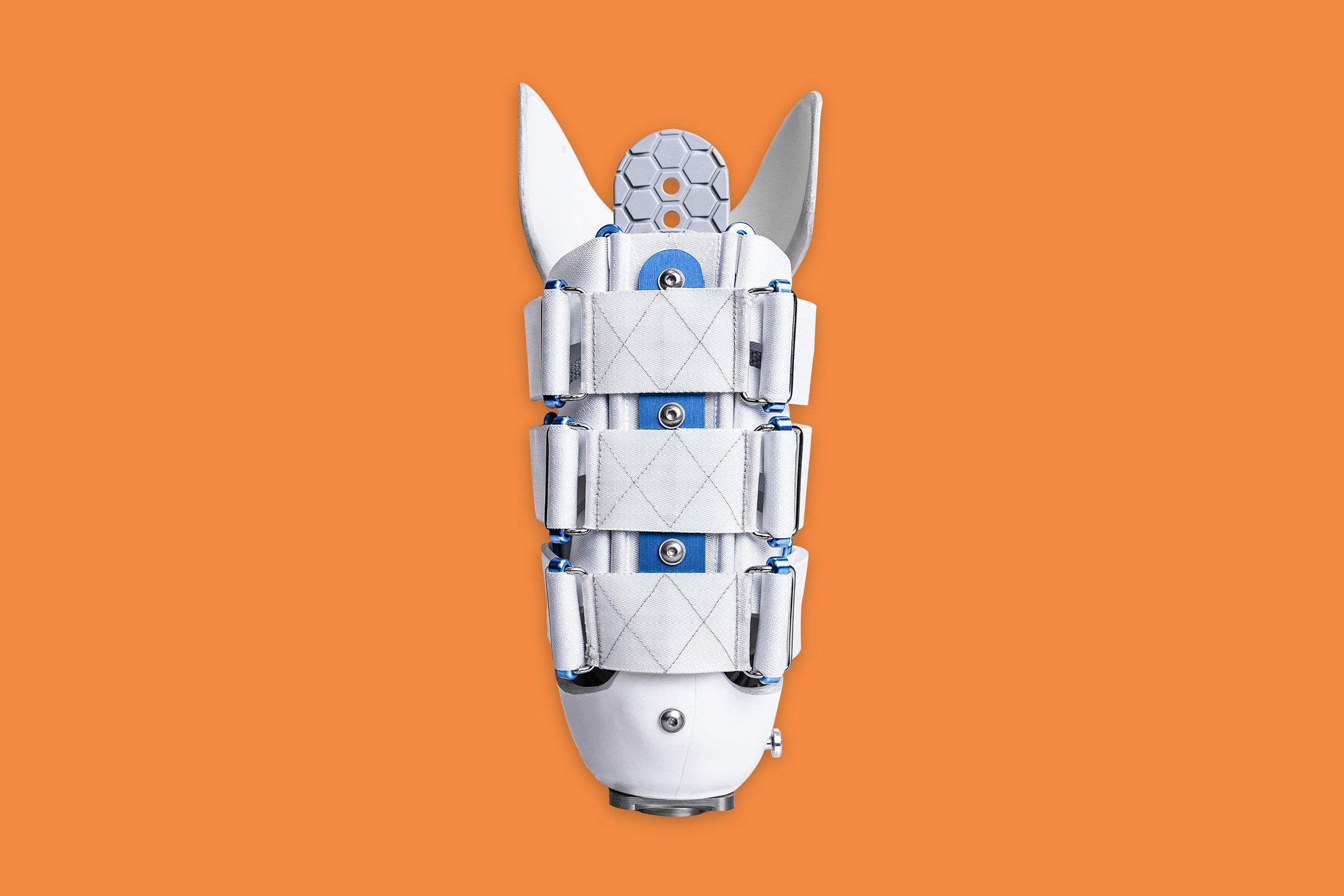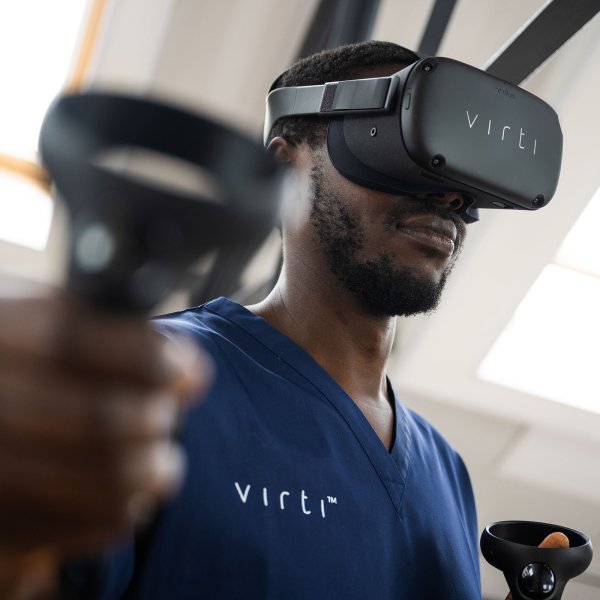Thanks to microprocessors and robotics, artificial limbs have hit new heights of innovation. But the socket— the molded plastic piece that attaches prosthesis to person—hasn’t made such major strides. Until now. The Socket-Less Socket replaces the often uncomfortable molded plastic fittings of more standard prostheses with a custom set of straps and bindings that can be tightened or loosened as needed. “It’s the difference between wooden clogs and carbon-fiber shoes,” says Martin Bionics founder Jay Martin. Traditional sockets offer one hour of comfort before they need to be removed to adjust padding, cool down or address areas of rubbing. The Socket-Less Socket stays comfy for more than three. Covered by Medicaid and most insurance carriers (depending on the policy, co-pays range from zero to about $2,000), the device costs about the same as the old plastic sockets it seeks to replace. —Marjorie Korn
- Cybersecurity Experts Are Sounding the Alarm on DOGE
- Meet the 2025 Women of the Year
- The Harsh Truth About Disability Inclusion
- Why Do More Young Adults Have Cancer?
- Colman Domingo Leads With Radical Love
- How to Get Better at Doing Things Alone
- Michelle Zauner Stares Down the Darkness






